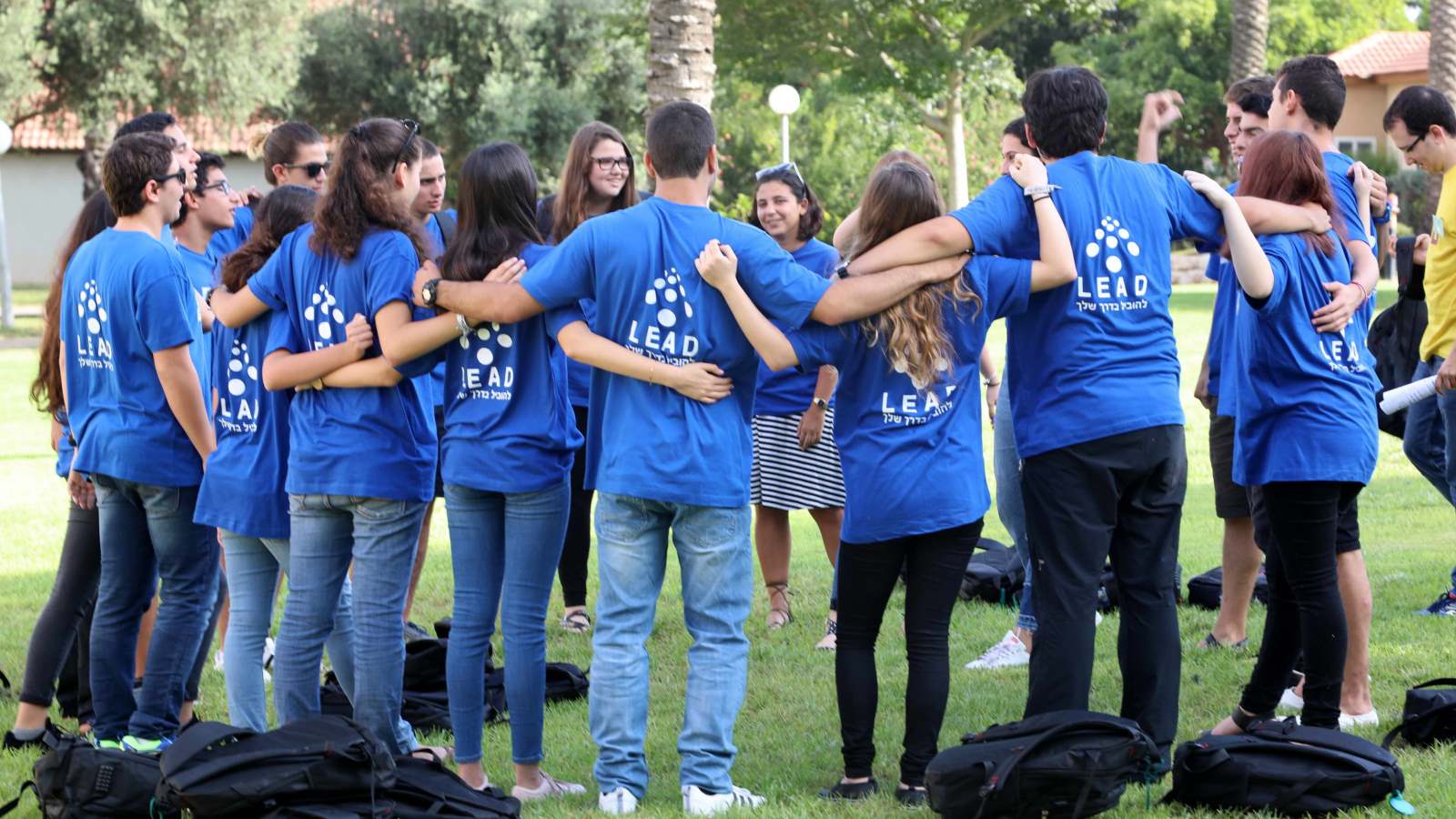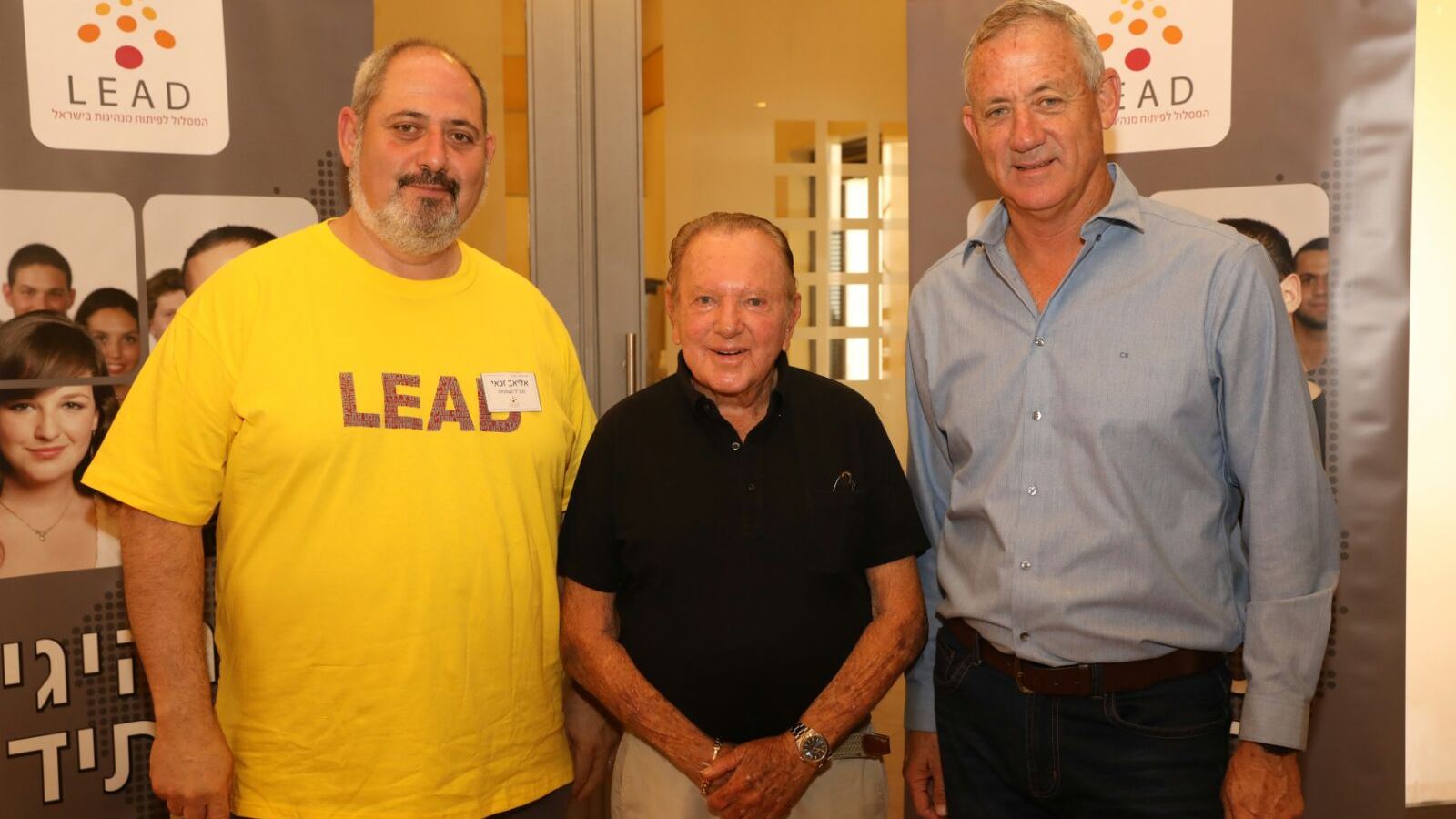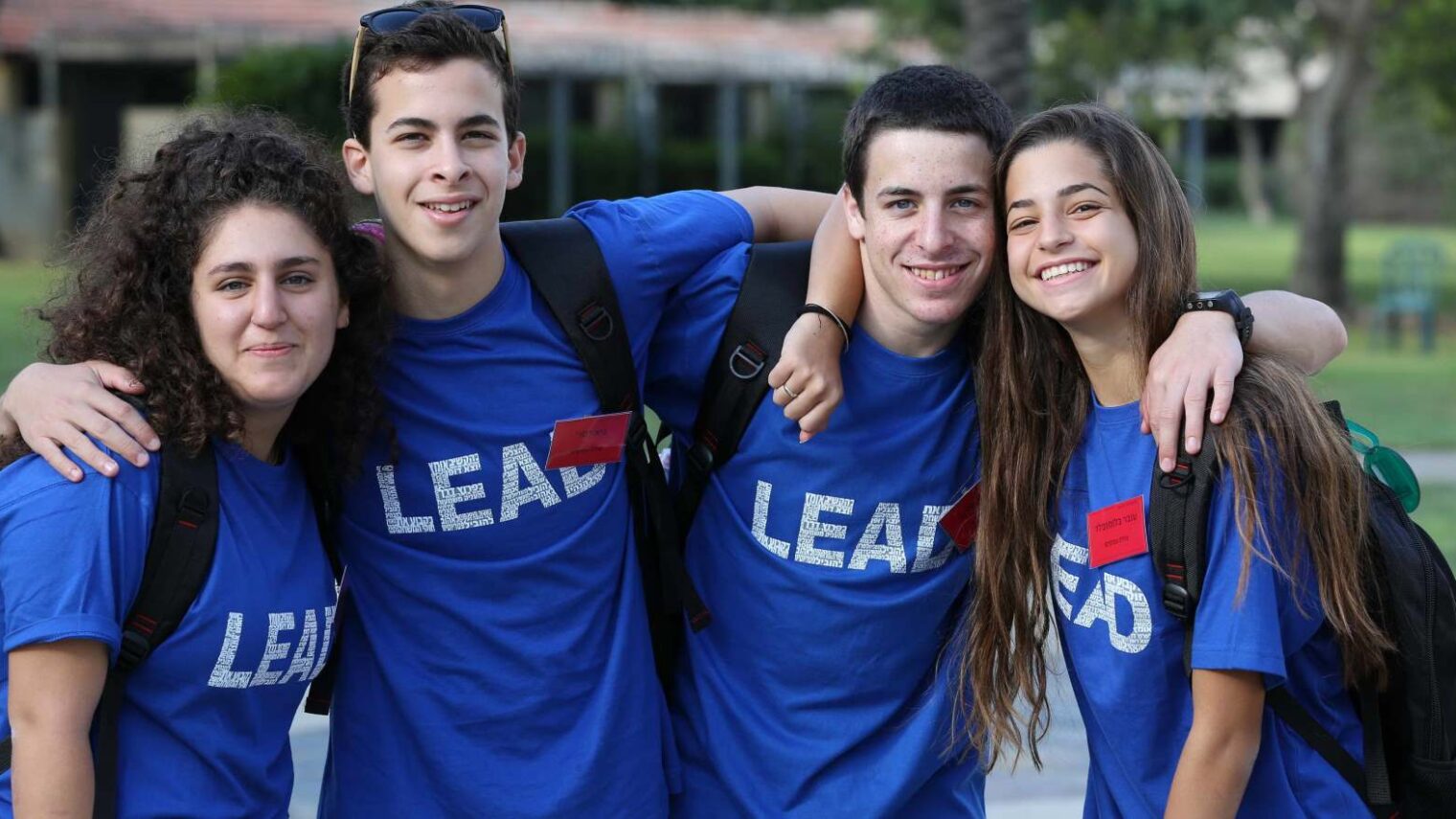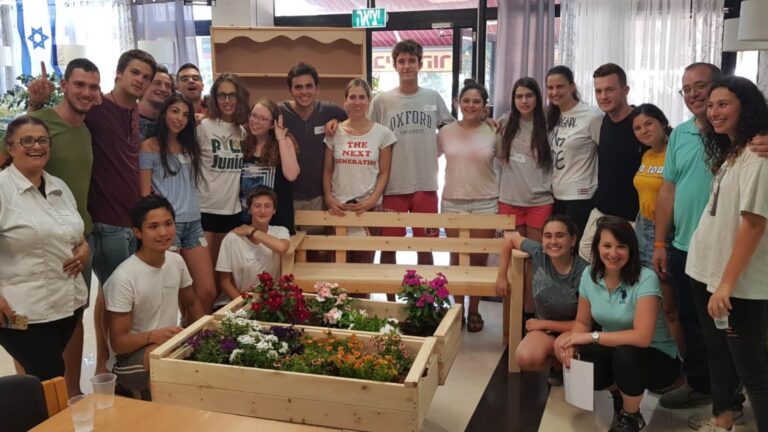Ami Daniel was only 16 when he and two fellow members of Israeli leadership-training program LEAD raised $430,000 to establish a community center in a mixed Jewish-Arab neighborhood in his hometown of Haifa.
Daniel later founded Windward, whose innovative satellite technology tracks global maritime traffic for business, environmental, military and crime-fighting purposes.
Adi Altschuler was a 16-year-old LEAD participant when she founded Krembo Wings, an inclusive youth movement for kids with and without disabilities. In 2015, TIME named her one of six world leaders of tomorrow. After heading Google’s educational activities in Israel and five European countries, Altschuler is establishing an international network of inclusive schools modeled on Krembo Wings.
Since 1999, some 800 LEAD alumni have spearheaded and raised more than NIS10.5 million for at least 400 voluntary social projects in Israel. They are prominent in the political, academic, judiciary, business and public-service spheres.
“When asked ‘What do you do at LEAD?’ we answer ‘We polish diamonds.’ We know how to identify ‘diamonds in the rough,’ how to work with them and how to polish them so that their full potential becomes visible to all,” says LEAD chief executive officer Eliav Zakay.
More than 6,000 16-year-olds apply to LEAD every year. After an eight-month selection process, no more than 140 “diamonds” from diverse sectors of Israeli society are selected.
“We are looking for those who have outstanding leadership potential, are very ambitious and are trying to make a difference,” Zakay tells ISRAEL21c. “We’ve also learned to look for specific [innate] characteristics such as the ability to manage time well; a proactive approach to problem-solving; high energy; and courage to change things, challenging authority while respecting it.”

Zakay, a 55-year-old organizational psychologist, headed the R&D unit of the Israel Defense Forces’ school for leadership development for 11 years. Despite the school’s worldwide reputation for excellence, Zakay dreamed of pioneering a new approach.
“Developing leadership is a profound and long-term process, and to do it properly you have to take trainees from a younger age and work with them much longer than we did,” he explains.
The right opportunity came knocking in April 1999, when he overheard a TV commercial his kids were watching.
The ad was about the opening event of the new Israeli branch of HOBY, a youth leadership development program founded in 1958 by the actor Hugh O’Brian. Israeli philanthropist Morris Kahn initiated the program in Israel and called it LEAD.
Zakay volunteered at the event, whose keynote speaker was future Israeli President Shimon Peres. Four months later, Zakay was leading the organization. He steered LEAD in a totally new direction and became independent of HOBY. (Kahn has continued his support and Peres spoke at every year-opening event until his death in September 2016.)

“After a few months I realized LEAD would be a life mission and I was afraid it wouldn’t work,” Zakay relates. He learned that leadership programs around the world tend to focus on competency development and fail to achieve their goals. Zakay introduced a new paradigm: leadership identity development.
“In LEAD we believe that our role is not to teach or impart knowledge. Rather, educators should expose youth to the surrounding ‘ocean of information,’ accompany and guide them in their search for knowledge, and let them choose for themselves what’s right and what’s wrong for them,” he explains.
LEAD begins with two years of intensive training for 16- to 18-year-olds. They meet twice a month for three-hour regional meetings led by a facilitator to learn conflict resolution, project planning and management, and social-needs analysis in preparation to initiate social initiatives in their communities.
During each of those two years everyone comes together for seven two- or three-day workshops on teamwork, creative thinking, decision-making and other leadership skills.
Given the racial, religious and socioeconomic disparity of LEAD “ambassadors”, these gatherings can be challenging and even life-changing. Kids from religious Jewish or Muslim backgrounds may initially have difficulty working with the opposite sex. Kids with prejudices must learn to overcome them.
“If they’re going to lead this country they need to get to know one another,” says Zakay.
Participants remain in the LEAD Experiential Alumni Program until they’re 35 and firmly on their career path.
“They each do what speaks to them, but we see that they all have three points in common. First, 99 percent of them decide to stay in Israel. Second, most do entrepreneurial or even pioneering work in whatever field they choose. Third, most found a way to combine their personal ambitions with the good of society,” says Zakay.
LEAD recently began a speakers’ bureau of alumni as it tries to turn its knowhow into income-producing services around the world.
The program is getting attention in other countries.
“In 2013, the Israel Rotary organization asked us to manage an international youth leadership conference,” Zakay relates. “We got 140 young leaders, ages 18 to 26, from 24 countries and the conference was chosen as Rotary International’s event of the year. We did it again in 2014. One of the participants from Italy was so inspired by the LEAD model that she asked to come for four months as an apprentice.”
Two years ago, she founded an Italian branch called LEADit. “If it works there, we might be able to seed it elsewhere,” says Zakay. “There is no similar program anywhere. LEAD is the biggest experiment in leadership development around the world.”
He thinks LEAD could build a bridge between Israeli and diaspora youth leaders.
“The leaders of the next generation here and elsewhere face a huge challenge and we are eagerly looking for serious partners overseas who would be ready to join us on this important mission of getting young Jewish leaders to work together.”
For more information, click here
















